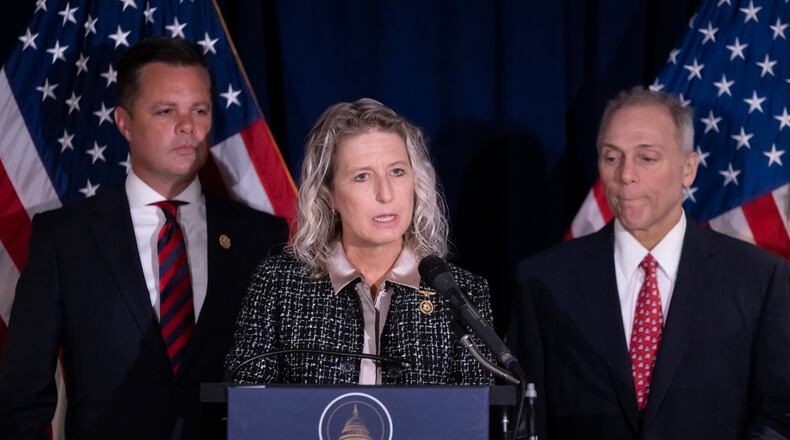“The heroes who swear an oath to defend our way of life should not be punished at tax time for the bonuses they use to clothe, feed, and educate their spouses and children,” Kiggans said in a statement.
While service members deployed to combat zones are exempt from income taxes, other troops are subject to the federal income tax and are shortchanged when their bonuses are also taxed, lawmakers argue.
“The BONUS Act is a show of respect for the sacrifices they make on behalf of all Americans,” said Bishop.
Sen. Richard Blumenthal, D-Conn., is spearheading the same measure in the Senate and a similar bill was introduced by Rep. Brian Mast, R-Fla., in April.
Mast said his bill, which would exempt enlistment, reenlistment, retention and other incentive bonuses from taxation, removes “the unfair tax burden that has long affected military bonuses.”
Lawmakers in recent years have searched for ways to increase compensation for service members amid rising living costs and most recently approved a historic pay raise for junior enlisted troops.
Kiggans and Bishop said their bill is a response to long-standing concerns raised by service members, families and advocates who believe military bonuses earned in service to the country should not be taxed.
If approved, the measure would affect bonuses paid on or after January 1, 2025.
About the Author
